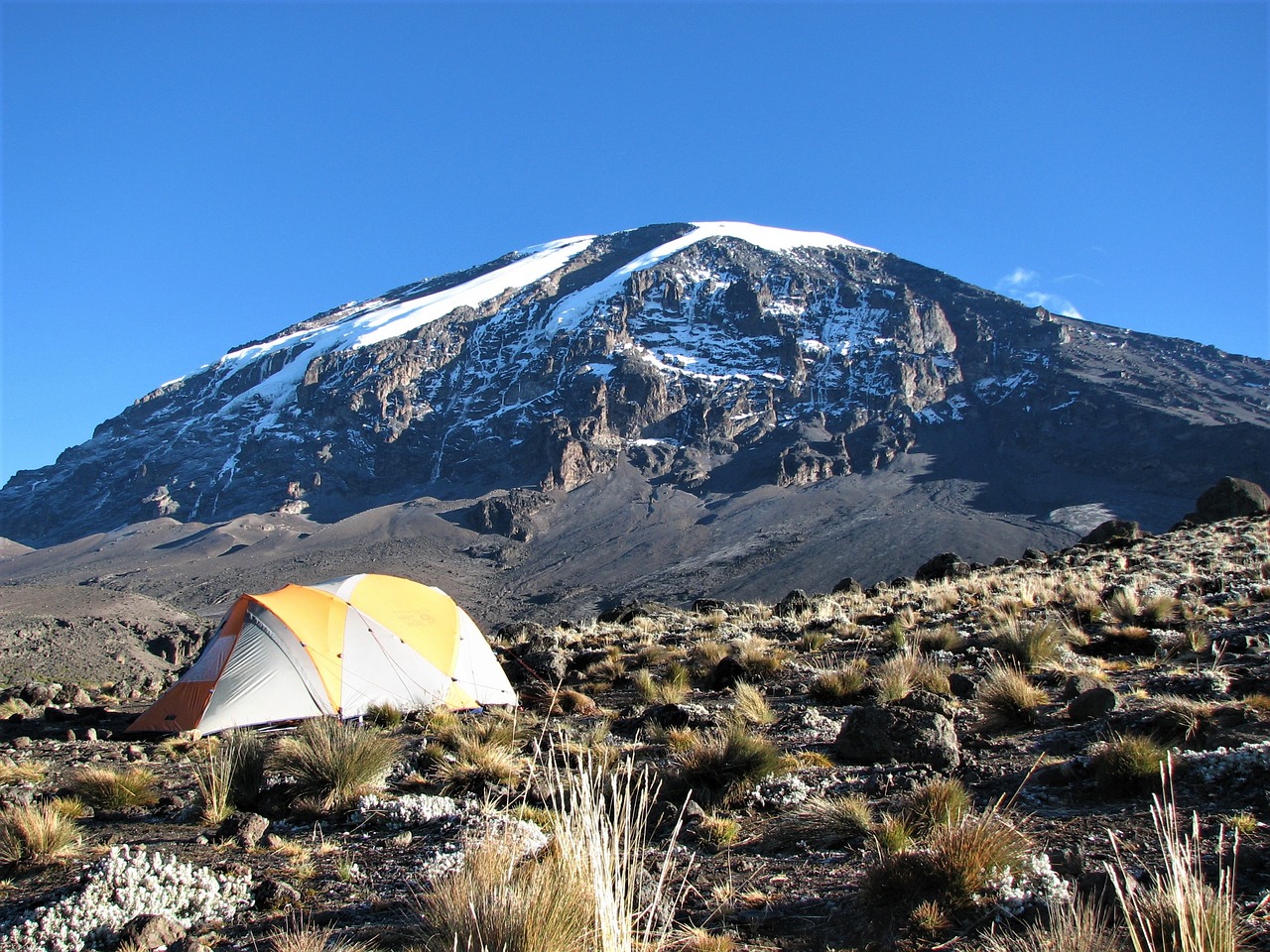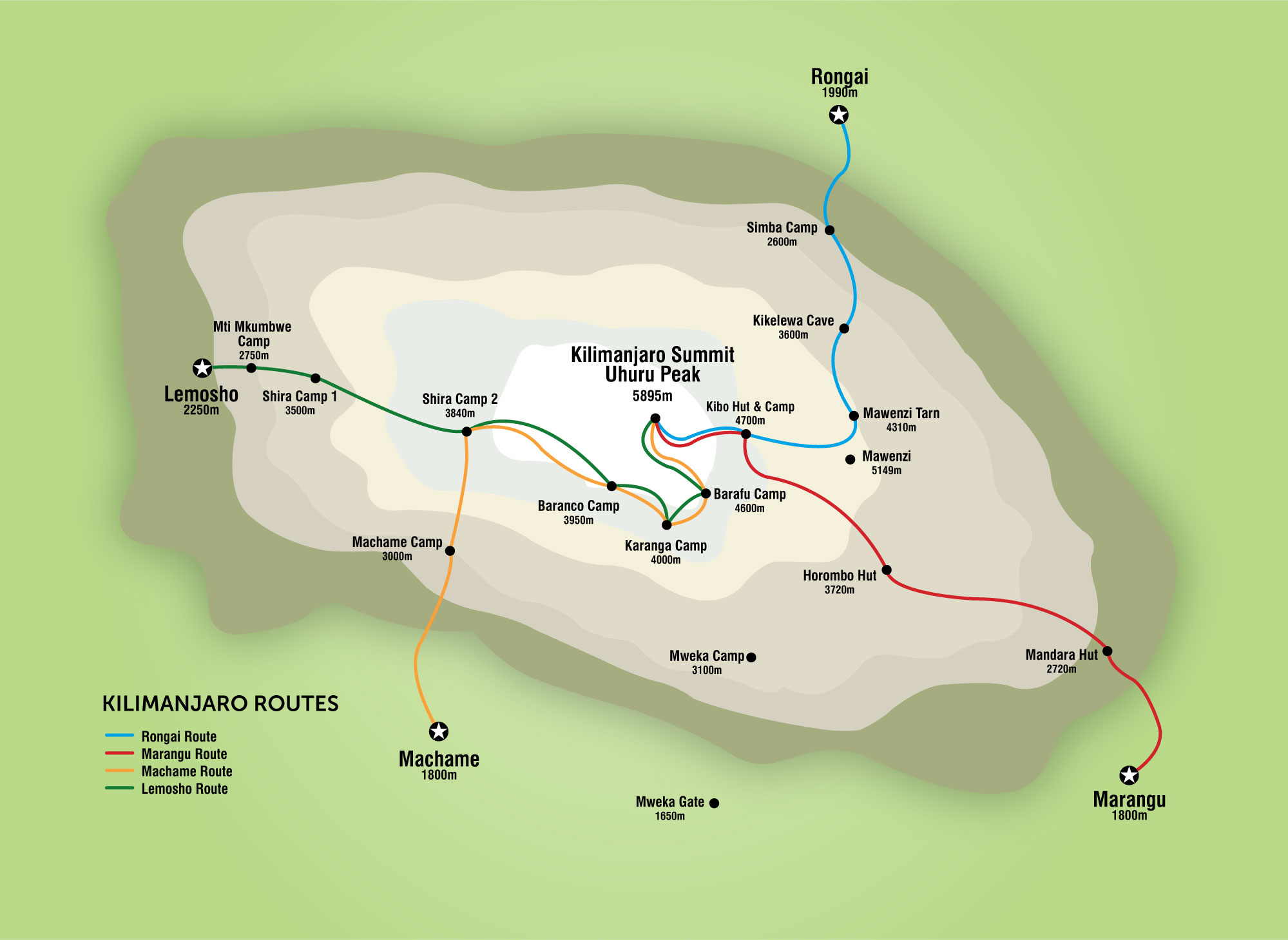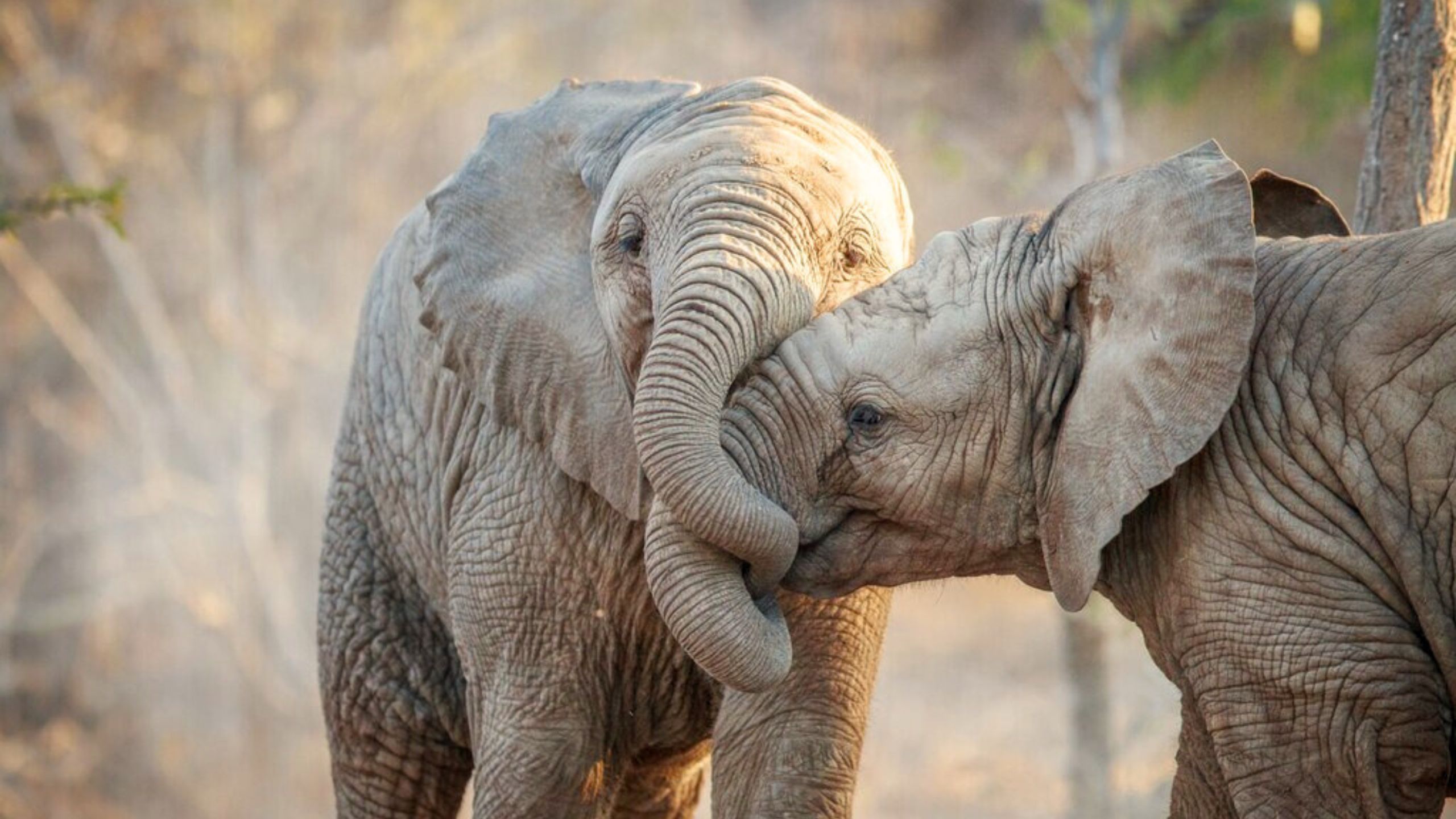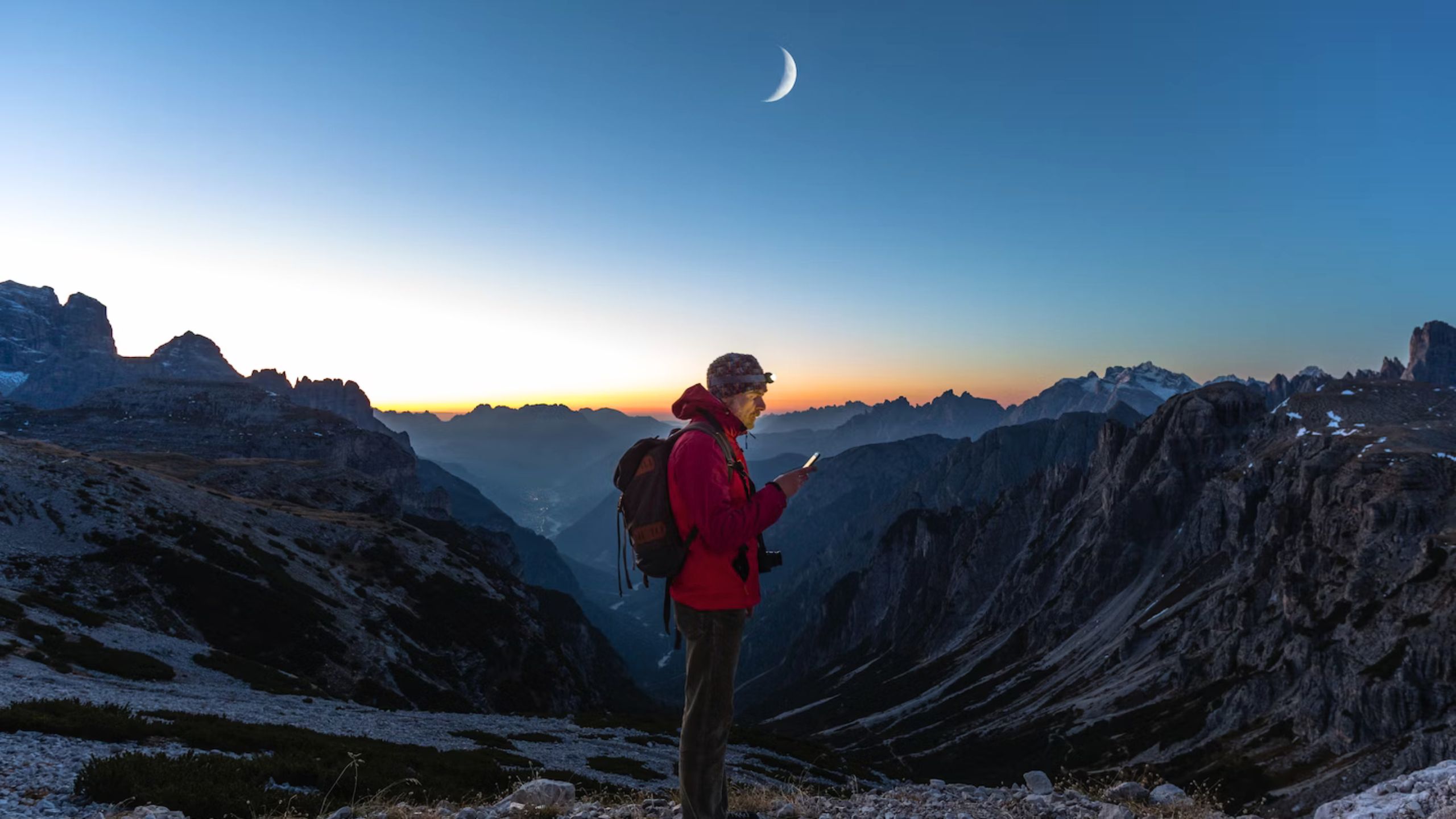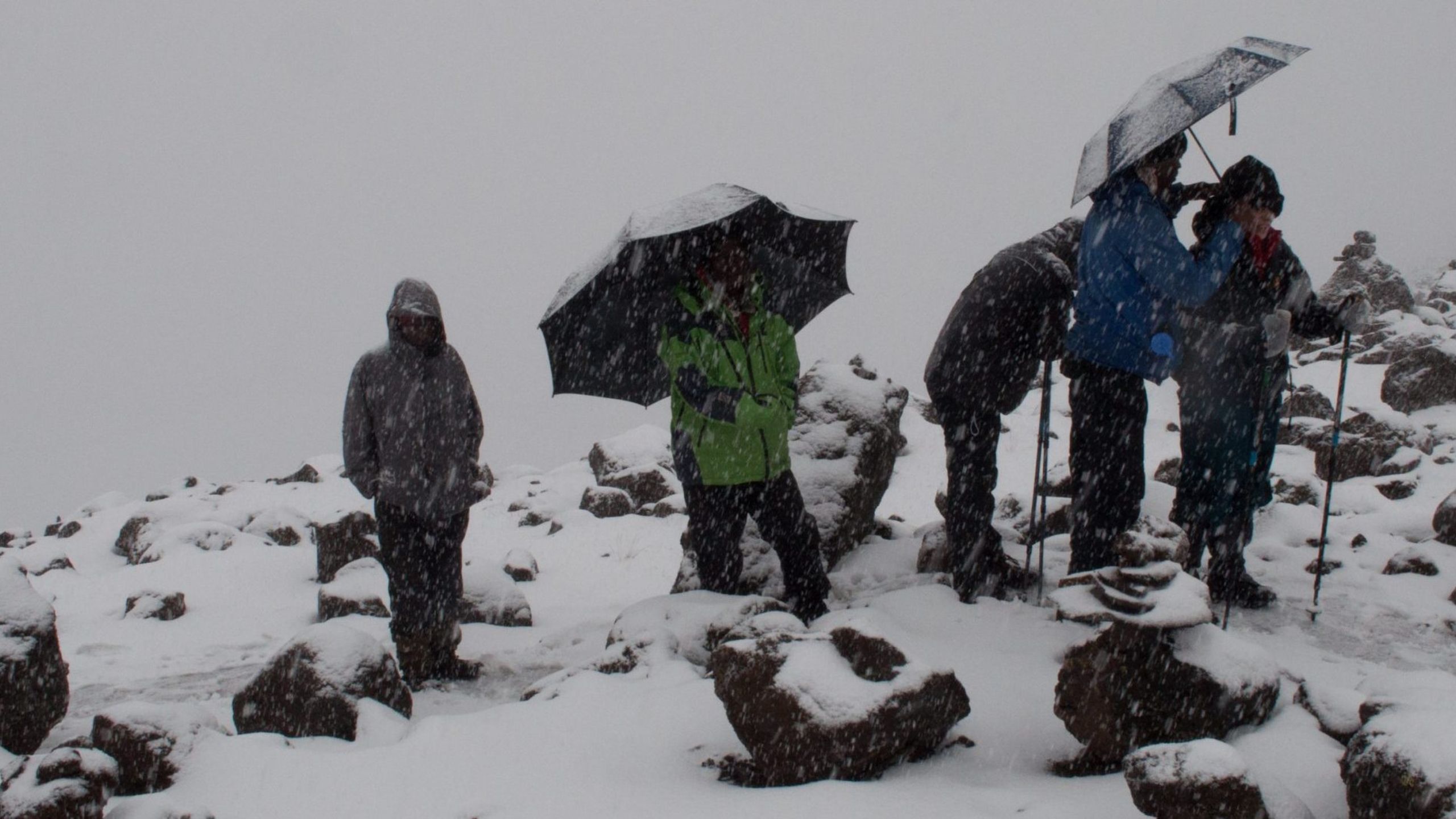Kilimanjaro mean in Swahili word that is commonly translated as “shining mountain” or “mountain of greatness.” The word is derived from the phrase “Kilima Njaro,” which means “white mountain” in Swahili.
I will explore the history of the name Kilimanjaro, its significance in Swahili culture, and the various interpretations of its meaning.
Kilimanjaro Mean in Swahili ?
The Swahili language is a Bantu language that is spoken by over 100 million people in East and Central Africa. It is the official language of Kenya, Tanzania, and Uganda, and is widely spoken in Rwanda, Burundi, and the Democratic Republic of Congo. Swahili is a language that is steeped in culture and history, and its words and phrases often carry deep meaning and significance.
The name Kilimanjaro is believed to have originated from the Chagga language, which is spoken by the Chagga people who live in the foothills of the mountain. The Chagga people have lived in the region for centuries, and have their own cultural traditions, beliefs, and practices that are closely tied to the mountain. They have various names for the mountain, depending on the region and the dialect of Chagga spoken.
However, the most commonly used name is “Kilema Kyaro,” which means “impossible journey” or “impossible to climb” in the Chagga language.
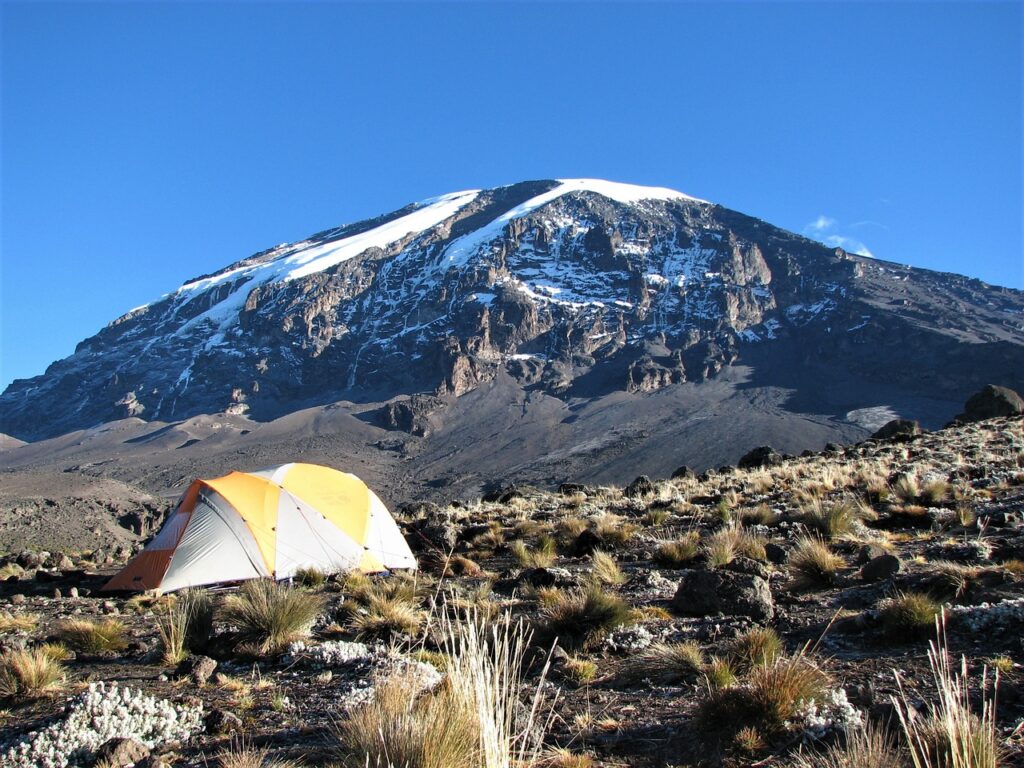
The name Kilimanjaro gained prominence in the mid-19th century when European explorers and missionaries started to explore the region. The mountain had been known to the Arabs and Swahili traders for centuries, and had been marked on maps as early as the 16th century.
However, it was not until the European explorers arrived that the name Kilimanjaro became widely known.
The first European to reach the summit of Kilimanjaro was a German geologist named Hans Meyer in 1889. Meyer was accompanied by a local guide named Yohani Kinyala Lauwo, who was a member of the Chagga people.
Lauwo was instrumental in helping Meyer to reach the summit, and his knowledge of the mountain and the Chagga culture was invaluable. Meyer named the highest peak of the mountain “Kaiser Wilhelm Spitze,” after the German emperor at the time. The name was later changed to “Uhuru Peak,” which means “freedom peak” in Swahili, after Tanzania gained independence from Britain in 1961.
The name Kilimanjaro has different meanings and interpretations in Swahili culture. One interpretation is that the name refers to the shining glaciers and snow that cover the peak of the mountain.
The glaciers reflect the sunlight and appear to shine, giving the mountain a majestic and awe-inspiring appearance. This interpretation is consistent with the Swahili word “kima,” which means “shining” or “gleaming.”
Another interpretation of the name Kilimanjaro is that it refers to the greatness and majesty of the mountain. The mountain is one of the tallest peaks in Africa and is considered a natural wonder. It dominates the landscape and has played an important role in the history and culture of the region. This interpretation is consistent with the Swahili word “jaro,” which means “greatness” or “majesty.”

The Chagga people have their own interpretation of the name Kilimanjaro, which is closely tied to their cultural traditions and beliefs. According to Chagga mythology, the mountain is the home of a powerful deity named Ngai. Ngai is believed to be the god of the sky and the rain, and is responsible for the fertility and prosperity of the land.
The Chagga people believe that Ngai is the source of all life, and that he resides on the top of Kilimanjaro. They believe that the mountain is a sacred place and that it is the home of their ancestors. According to Chagga tradition, the spirits of their ancestors reside on the mountain, and they believe that by climbing the mountain, they can communicate with their ancestors and receive their blessings.
[Trending : Climbing Kilimanjaro: The Ultimate Guide 2023]
The Chagga people also believe that the mountain has a spiritual significance and that it is a place of pilgrimage. They have various rituals and ceremonies that are performed on the mountain, including offerings and sacrifices to Ngai. The mountain is considered a symbol of the Chagga people’s identity and culture, and it is an important part of their history and heritage.
In conclusion, Kilimanjaro is a Swahili word that is commonly translated as “shining mountain” or “mountain of greatness.” The name has different meanings and interpretations in Swahili culture, with some interpretations emphasizing the mountain’s majesty and grandeur, while others highlight its spiritual significance and cultural importance to the Chagga people.
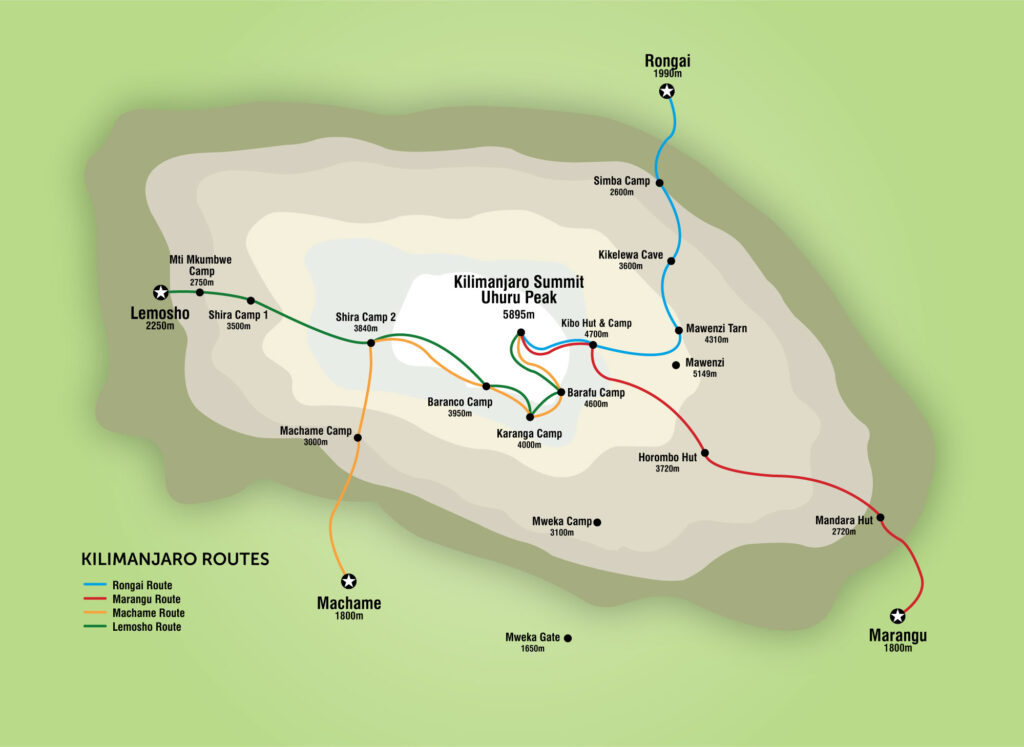
Regardless of its meaning, Kilimanjaro is a unique and awe-inspiring natural wonder that has captivated the hearts and minds of people around the world for centuries. Its beauty and majesty continue to inspire and motivate people to climb its peaks and explore its mysteries, making it an enduring symbol of Africa’s natural beauty and cultural heritage.

